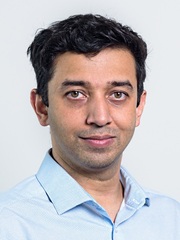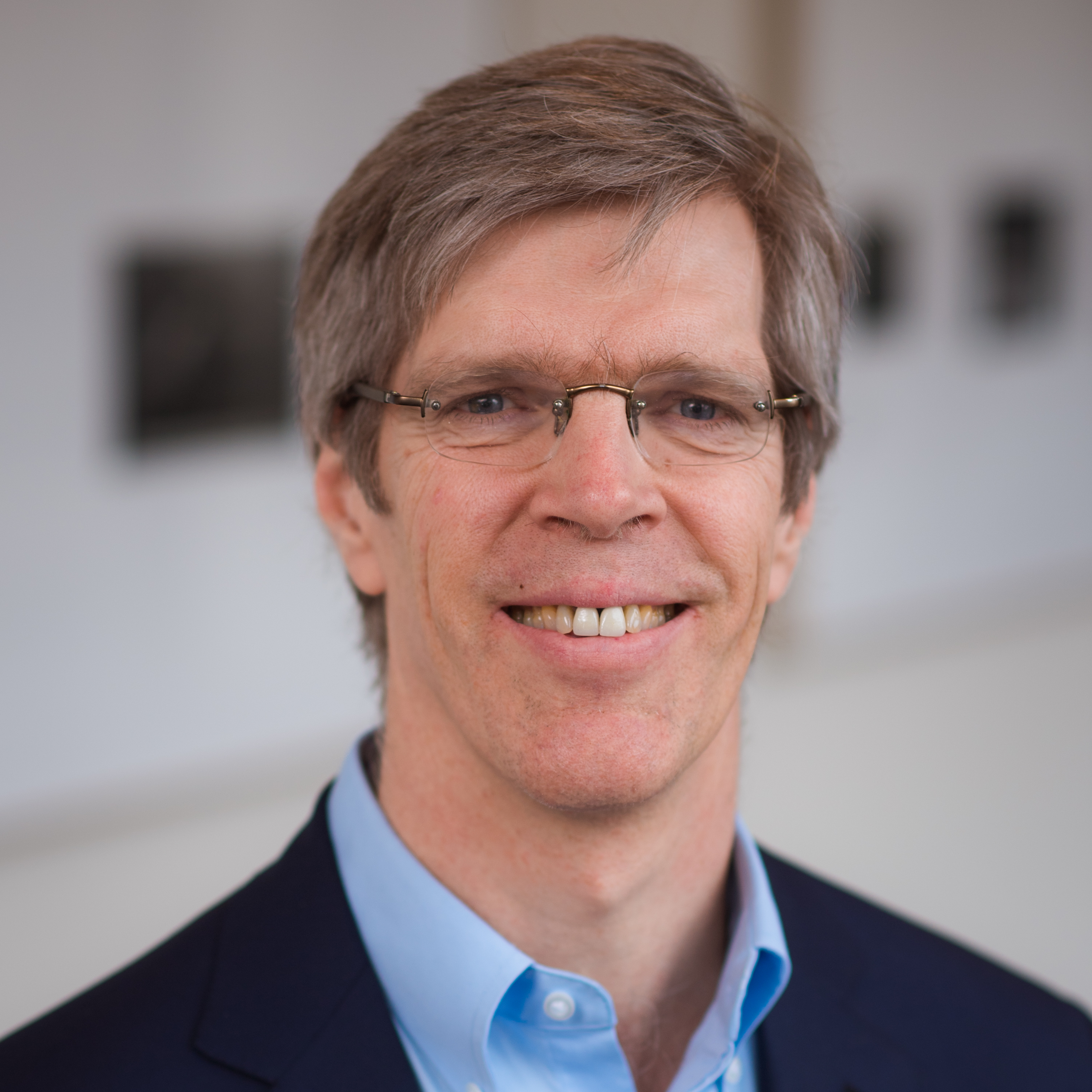Challenges and Opportunities in Model Checking Large-scale Distributed Systems

Abstract: I will give an outline of the Must project, a framework for modeling and state space exploration of distributed systems written in a mainstream programming language (Rust). I will describe some recent technical advances that allow us to scale to large state spaces, as well as our attempts to bridge the gap between model and code and between (randomized) state space exploration for fixed configurations and guarantees for unbounded systems. I will also describe the challenges of deploying modeling and model checking in an industrial context.
Rupak Majumdar is a Scientific Director at the Max Planck Institute for Software Systems in Kaiserslautern, Germany and an Amazon Scholar at Amazon Web Services. His research interests are in the verification and control of reactive, real-time, hybrid, and probabilistic systems, software verification and programming languages, logic, and automata theory.
Software Engineering in a World with Generative AI
Abstract: Large language models exhibit powerful capabilities that many see as the kind of flexible and adaptive intelligence that previously only humans could exhibit. I'll discuss three questions that arise with the advent of large language models: 1) How will large language models affect research into opportunities and problems that arise in traditional software engineering contexts? 2) What new classes of software systems will large language models enable? 3) How can we better understand the reasons behind the surprising capabilities of large language models? I'll present projects that highlight issues that arise in each of these areas and use these projects as a starting point for a broader discussion of particularly promising directions (as well as others that are less promising).

Martin Rinard is a Professor in the Department of Electrical Engineering and Computer Science at the Massachusetts Institute of Technology and a member of the Computer Science and Artificial Intelligence Laboratory. His research focuses on software systems and related topics, including computer security, program analysis and compilation, machine learning and programming, approximate computing, and software robustness and reliability. Dr. Rinard's research has been recognized with many honors and awards. His students and postdocs have gone on to top positions in academia and industry.
Trustworthy by Design
Abstract: The relatively recent public release of generative artificial intelligence (AI) systems has ignited a significant leap in awareness of the capabilities of AI. In parallel, there has been a recognition of AI system limitations and the bias inherent in systems created by humans. Expectations are rising for more trustworthy, human-centered, and responsible software connecting humans to powerful systems that augment their abilities. There are decades of practice designing systems that work with, and for humans, that we can build upon to face the new challenges and opportunities brought by dynamic AI systems.

Carol Smith is the AI Division Trust Lab Lead and a Principal Research Scientist at the Carnegie Mellon University (CMU), Software Engineering Institute. She leads research focused on development practices that result in trustworthy, human-centered, and responsible AI systems. Ms. Smith has been conducting research to improve the human experience with complex systems across industries for over 20 years. Since 2015 she has led research to integrate ethics and improve human experiences with AI systems, autonomous vehicles, and other complex and emerging technologies. Ms. Smith is recognized globally as a leading researcher and user experience advocate and has presented over 250 talks and workshops in over 40 cities around the world. Her writing can be found in publications from organizations including AAAI, ACM, and the UXPA, and she has taught courses and lectured at CMU and other leading institutions. Ms. Smith is currently an ACM Distinguished Speaker and a Working Group member of the IEEE P7008™ Standard. Ms. Smith holds a Master of Science degree in Human-Computer Interaction from DePaul University.
AI is making us rethink everything, including software development
Abstract: In this talk, we embark on a journey to explore the unique properties of the latest Generative AI systems, highlighting how their intelligence differs from human intelligence in significant ways. We then walk through the practical applications of this AI across various domains and tasks, providing a framework for understanding its current capabilities and limitations. Lastly, we apply the framing to software development and talk through how we should be rethinking software development.

Soumith Chintala is a Scientist and Engineer focused on AI, with more than 88,000 scientific citations and over 50 invited talks. Chintala has led and contributed to the creation of influential AI work such as PyTorch, DCGAN, and Torch-7 which is used by several institutions including NASA, Meta, Google, Tesla, Amazon, Microsoft, Walmart, Uber, Lyft, Disney, Genentech, and numerous other Fortune-500 companies. His work is a staple in the curriculum of hundreds of universities, including institutions like Stanford, Harvard, NYU, MIT, and Oxford. He currently leads PyTorch and works on AI at Meta, is a Visitor at New York University, and maintains advisory roles at various institutions. Chintala has earned a Master’s Degree in Computer Science from NYU, where his focus was on developing deep learning models for robotics and computer vision.

